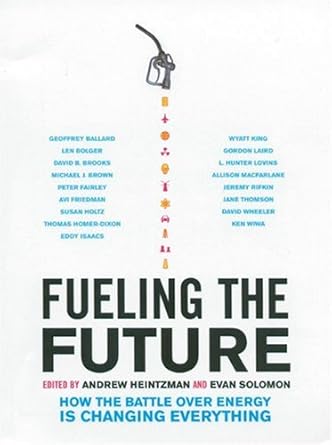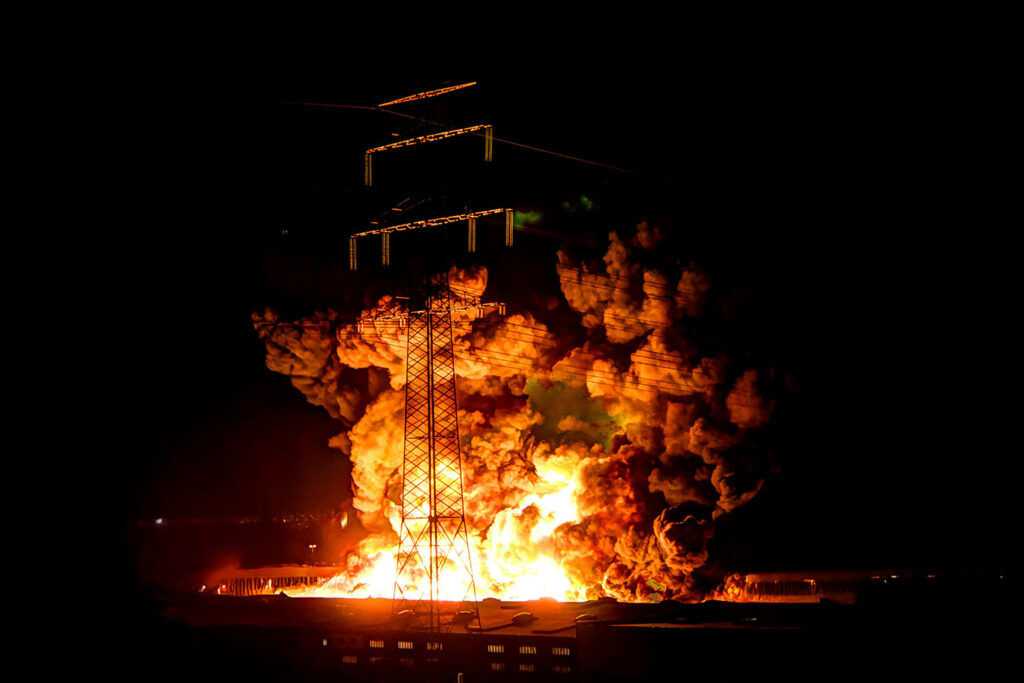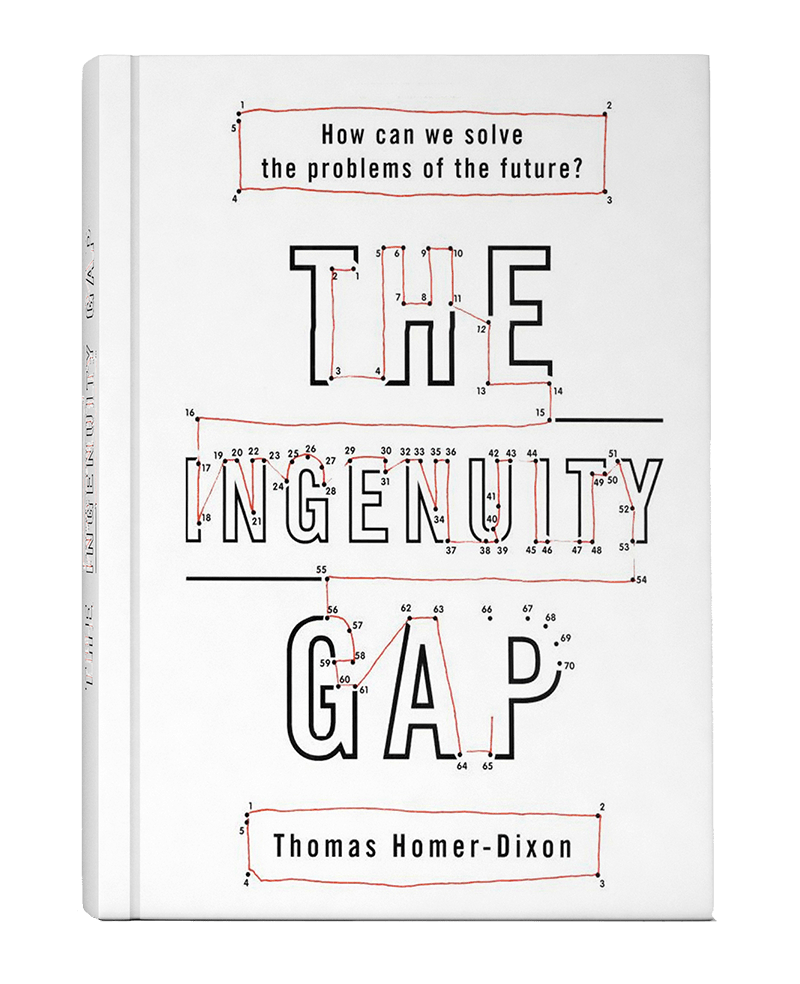Bringing Ingenuity to Energy
Energy is our life-blood. Without an adequate supply at the right times and places, our economy and society would grind to a halt. Canadians are profligate users of energy: in fact, we have one of the highest per capita rates of consumption in the world. But if we were smarter about things, we would consume much less energy to support our current standard of living, and we would produce this energy with much less damage to our natural environment.









